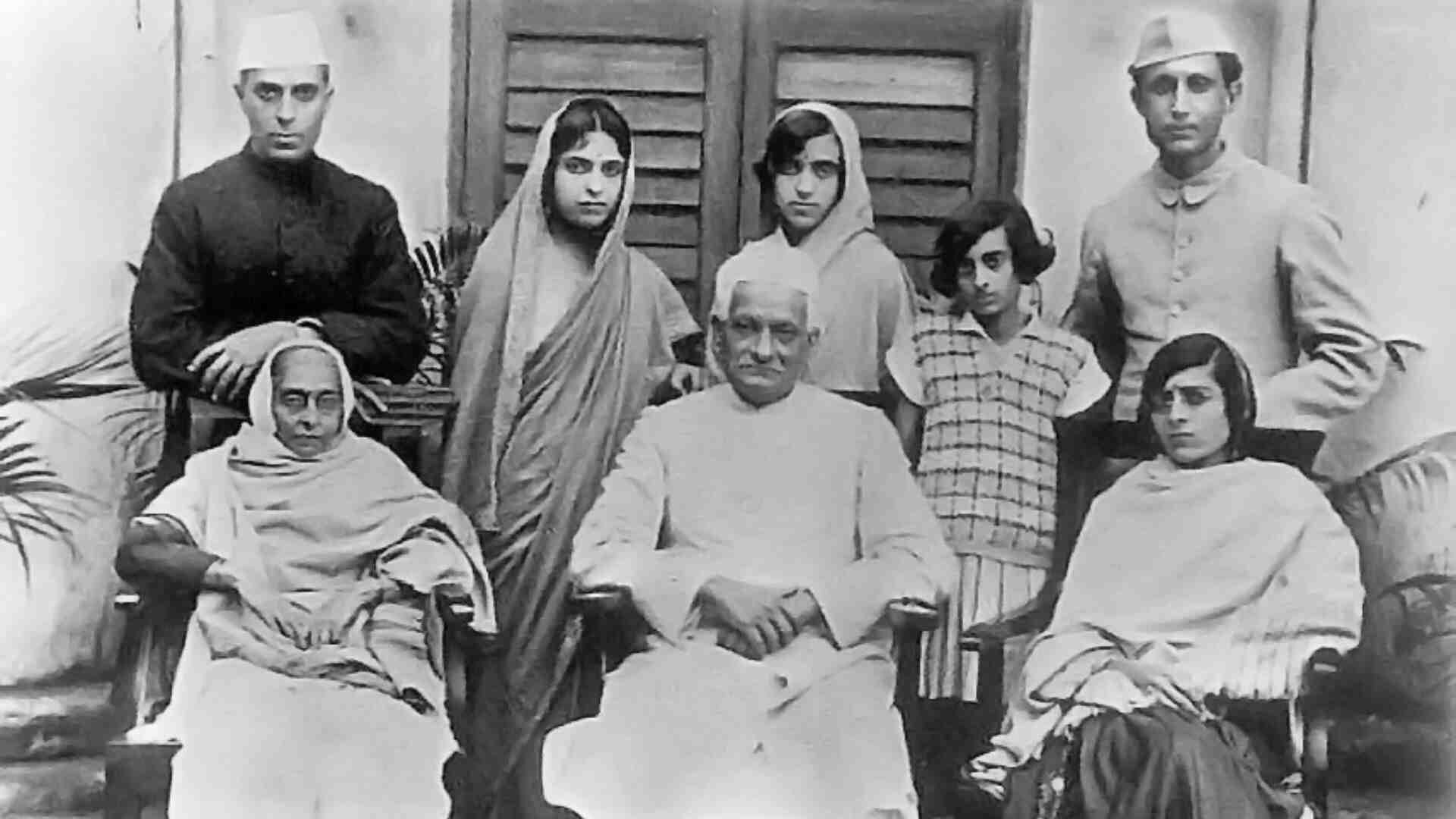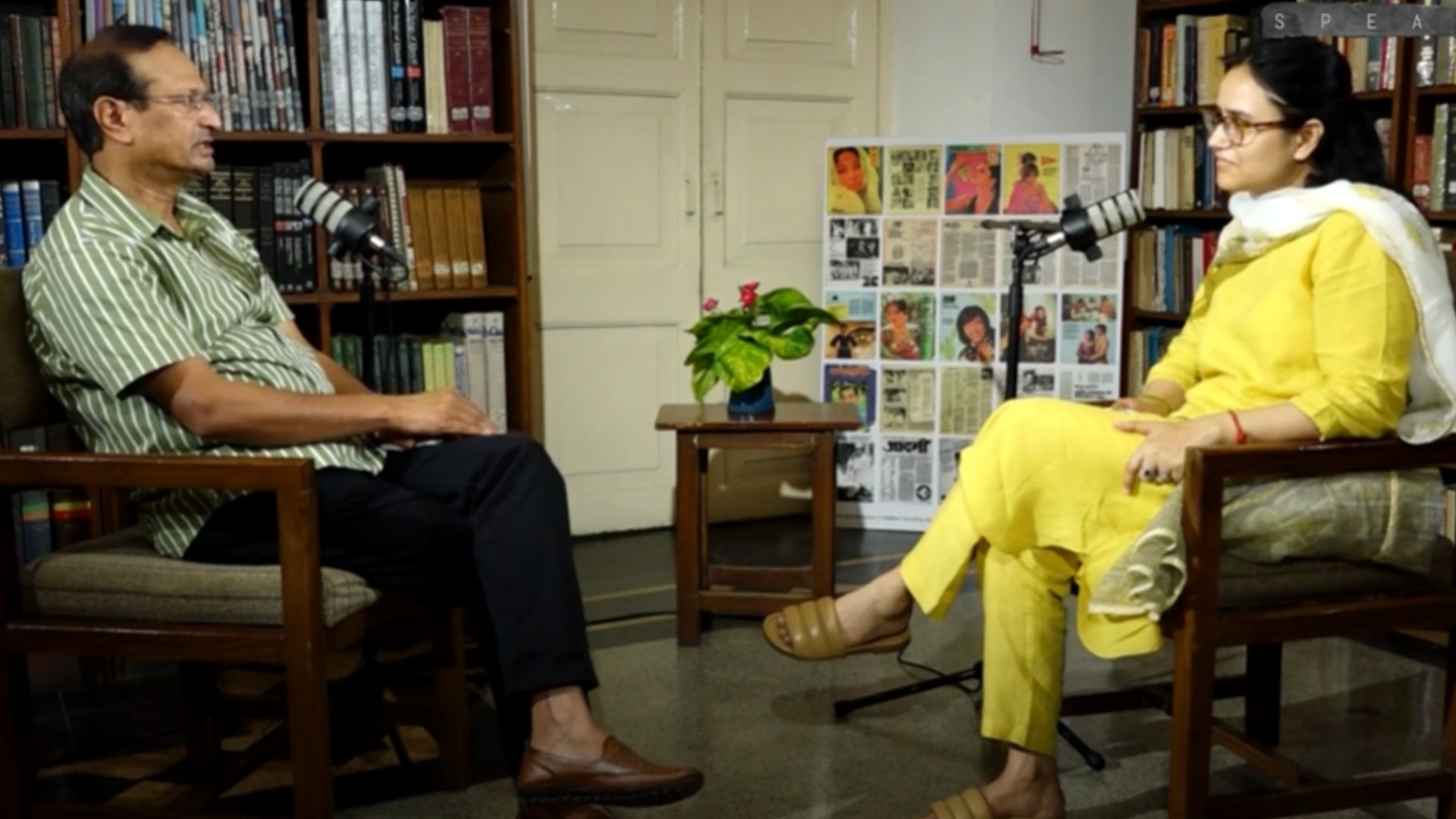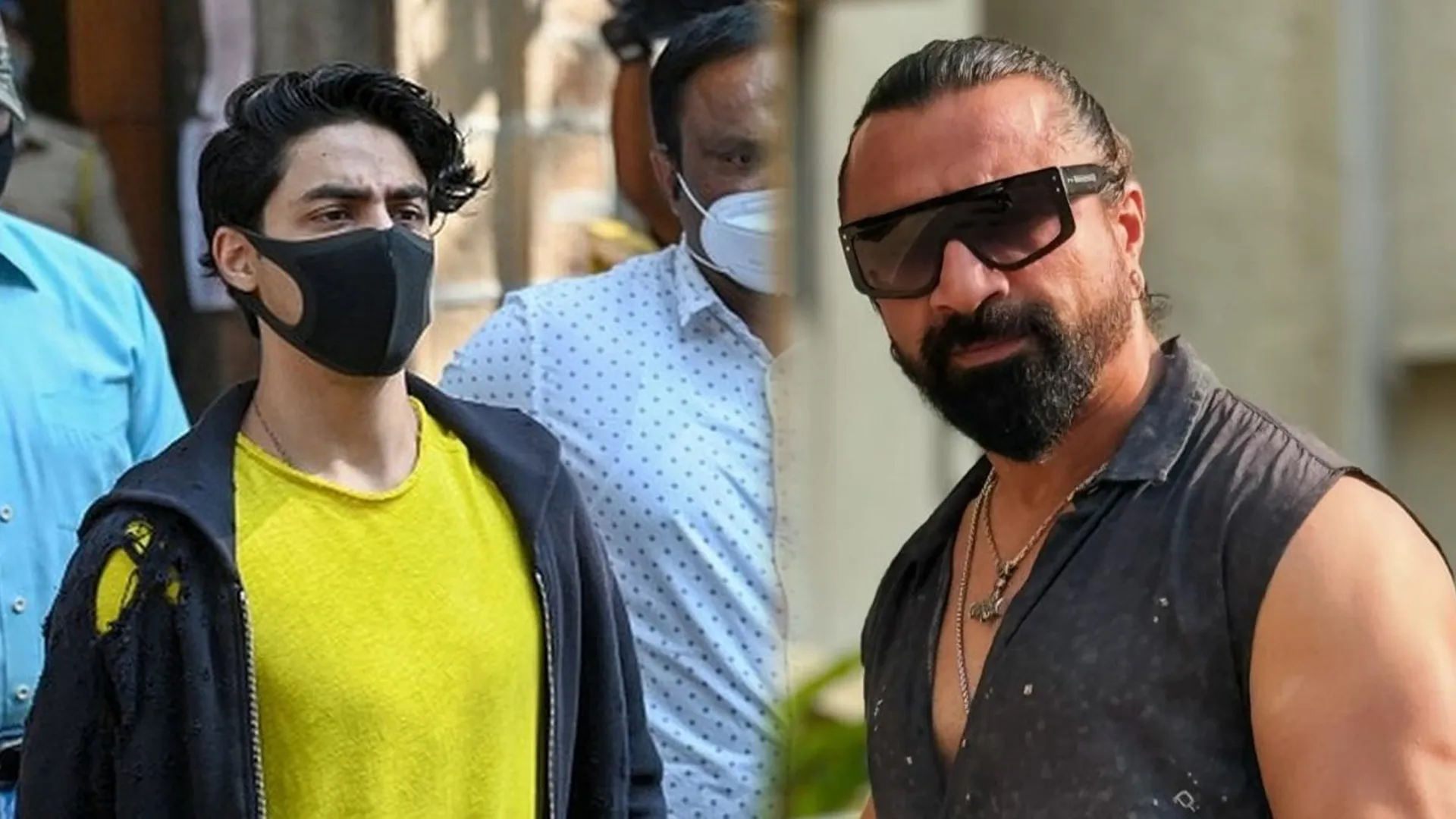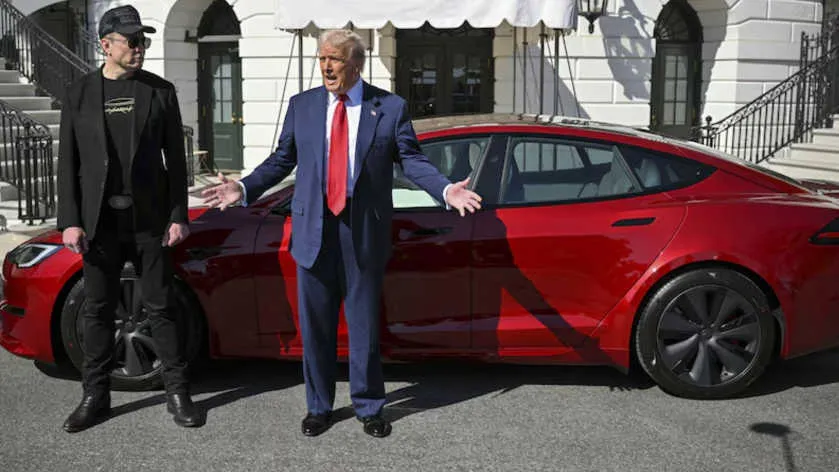In the annals of India’s transition from a British colony to an independent nation, one of the most captivating chapters is the involvement of members of the erstwhile royal families and princely states in the democratic process. These individuals, who once held positions of power and privilege, embarked on a remarkable journey, adapting to the new realities of a democratic India and leaving an indelible mark on the nation’s political landscape.
The stories of these leaders are not merely accounts of personal ambition but a reflection of the changing times and the nation’s evolving identity. They navigated the rough terrain of electoral politics, challenging societal barriers and embracing the principles of democracy that were once foreign to their aristocratic upbringing.
One such figure who exemplifies this transition is Captain Amarinder Singh, hailing from the royal family of Patiala. Educated at the prestigious Doon School and trained at the Indian Military Academy, Singh’s political journey began in 1980 when he was elected as a Member of Parliament (MP) from the Indian National Congress (INC) party, securing an impressive 56.05% of the votes.
In a striking personal anecdote, Singh’s early years were marked by his involvement in the negotiations to address the Punjab crisis before Operation Bluestar, a military operation carried out by the Indian Army to remove militants from the Golden Temple in Amritsar.
Despite his close friendship with the Gandhi family, Singh made the bold decision to resign from both Parliament and the Congress party in 1984, a pivotal moment that would shape his future political trajectory.
Singh’s journey took an unexpected turn when he joined the Shiromani Akali Dal (SAD) party and served as a minister in Surjit Singh Barnala’s government in 1985. However, his tenure was short-lived, and he resigned in protest against the police’s entry into the Darbar Sahib on Barnala’s orders, showcasing his unwavering commitment to his principles.
In 1998, Singh rejoined the Congress party after the Akalis denied him a ticket in the 1997 elections. Under the leadership of Sonia Gandhi, he became the state chief of the party and led it to a remarkable performance in the 1999 Lok Sabha polls, demonstrating his political acumen and determination.
Singh’s national appeal soared in 2014 when, at Sonia Gandhi’s request, he contested the parliamentary election from Amritsar as an outsider and defeated the BJP stalwart Arun Jaitley by a substantial margin of 102,770 votes. This victory propelled Singh onto the national stage and cemented his position as a formidable political force, showcasing his ability to adapt to new challenges and resonate with voters beyond his traditional base.
Another prominent figure who left an indelible mark on Indian politics is Madhavrao Jivajirao Scindia, born into the royal Maratha family and the son of the last ruling Maharaja of the princely state of Gwalior. After his father’s death in 1961, Scindia succeeded to certain privileges and the use of the title “Maharaja of Gwalior” until 1971, when these were abolished by the 26th Amendment to the Constitution of India.
Scindia’s political career began on a Jana Sangh ticket, but he resigned from the party after the Emergency in 1975. His entry into the Congress party was initially opposed by his family, a testament to the challenges he faced in navigating his aristocratic background and embracing democratic politics. However, he persevered and won the Guna constituency in the 1980 elections, paving the way for his illustrious career.
Throughout his nine terms in the Lok Sabha and significant portfolios, Scindia left an indelible mark on Indian politics. As Rajiv Gandhi’s Railway Minister between 1984 and 1986, he introduced the popular Shatabdi Express and spearheaded the modernization of Indian railways through the integration of computers and advanced technology, a testament to his progressive vision and ability to adapt to changing times.
One of Scindia’s most remarkable electoral victories came in 1984 when he defeated the formidable BJP stalwart Atal Bihari Vajpayee by a massive margin of over 200,000 votes in Gwalior. In a memorable quote, one of Scindia’s election workers remarked that the “throne” was not “negotiable,” a testament to his unwavering determination and the strength of his political brand, despite his royal lineage.
Scindia’s close relationship with the Gandhi family was well-known, as he was a friend of Rajiv Gandhi from their days at Cambridge and later became close to Sonia Gandhi after Rajiv Gandhi’s untimely demise. This connection not only showcased his ability to navigate the changing political landscape but also his ability to forge strong alliances and partnerships.
While Amarinder Singh and Madhavrao Scindia were prominent figures in Indian politics, another leader who left an indelible mark on the nation’s political landscape is Vishwanath Pratap Singh. Known for his bold and decisive actions, VP Singh played a pivotal role in dethroning Rajiv Gandhi’s government in the 1989 elections by skillfully managing a coalition of the Left and the BJP.
Singh’s legacy is defined by his commitment to addressing corruption and upholding the secular fabric of the Indian state. As the 8th Prime Minister of India, he implemented reform programs that aimed to improve the lives and livelihoods of the lower castes and marginalized communities, showcasing his dedication to social justice and equality.
Initially a member of the Indian National Congress and part of the cabinet, VP Singh later left the party and formed a coalition of various smaller parties. His coalition’s victory in the 1989 general elections marked the end of the Congress party’s four-decade-long electoral dominance in independent India, ushering in a new era of coalition politics and the “third electoral system” in the country.
VP Singh’s tenure as Prime Minister, though short-lived from December 1989 to November 1990, left an indelible mark on Indian politics. During his time in office, the Janata Dal party, which he led, became a powerful force and formed governments in five states, demonstrating his ability to mobilize support and build alliances across the country.
Singh’s impact extended beyond his time as Prime Minister. He is credited with bridging the gap between governance and society, ensuring that social realities were reflected in the country’s leadership. His policies and initiatives paved the way for more representation of backward classes in the All India Services and State Services, with a 20% increase in the number of officers from these communities compared to 1990.
The rise of prominent political figures like Mayawati, Mulayam Singh Yadav, and Lalu Prasad Yadav can be traced back to Singh’s efforts to empower marginalized communities and promote caste-based politics. While his approach was divisive, it ultimately aimed to restore social equality and give a voice to those who had been historically underrepresented, showcasing his commitment to addressing deep-rooted societal issues.
Singh’s impact on Indian politics was profound, and he is remembered as a short-term Prime Minister with long-term effects. His bold actions, such as issuing an arrest warrant against L.K. Advani during the latter’s Rath Yatra, exemplified his unwavering commitment to upholding the principles he believed in, even in the face of intense political pressure.
Beyond the realm of political parties and coalitions, the stories of royal figures like Maharani Gayatri Devi, the Rajmata of Jaipur, offer a unique perspective on the integration of princely states into the democratic fabric of independent India.
Gayatri Devi, born into the royal household of the Maharaja of Cooch Behar, broke traditional barriers by entering politics and winning a seat in the Lok Sabha in 1962. Her victory was nothing short of remarkable, as she secured an astounding 192,909 votes out of 246,516 cast, a feat recognized by the Guinness Book of Records as the world’s largest majority of votes.
Gayatri Devi’s political career was marked by her fierce dedication to the welfare of the people, particularly women’s rights and the preservation of cultural heritage. She contested and won the Lok Sabha seat from 1962 to 1971 as a member of the Swatantra Party, founded by C. Rajagopalachari, running against the Indian National Congress Party. On the campaign trail, Gayatri Devi tirelessly delivered speeches and met with the people of Jaipur, connecting with them on a personal level and advocating for the development of Rajasthan during her first term. In a bold move, she formed a coalition with the Hindu Jan Sangh in the 1967 elections, showcasing her ability to forge strategic alliances and navigate the complexities of coalition politics.
Her unwavering commitment to her principles and her refusal to bow down to political pressure earned her the ire of the then Prime Minister, Indira Gandhi. In retaliation, Gandhi abolished the privy purses and royal privileges in 1971, accusing Gayatri Devi of breaking tax laws and sentencing her to five months in Tihar Jail during the Emergency. This incident showcased the challenges and sacrifices Gayatri Devi endured in her pursuit of democratic ideals and her commitment to serving the people.
Despite these challenges, Gayatri Devi’s legacy as a trailblazer in Indian politics remains undiminished. She fearlessly challenged the status quo and made a significant impact on the political landscape, inspiring future generations of women leaders and advocates for cultural preservation. In a remarkable display of her enduring influence, there were rumors that she might re-enter politics as late as 1999, when the Cooch Behar Trinamool Congress nominated the 80-year-old Gayatri as their candidate for the Lok Sabha elections, a testament to her lasting impact and the respect she commanded.
The stories of Capt. Amarinder Singh, Madhavrao Jivajirao Scindia, Vishwanath Pratap Singh, and Maharani Gayatri Devi are not merely tales of individual political ambitions but rather a reflection of the broader transition that India underwent as it embraced democracy and embraced the participation of diverse segments of society in the democratic process.
These individuals faced numerous challenges and obstacles as they navigated the complexities of adapting to the new political landscape. They had to overcome opposition from their own families, societal barriers, and entrenched political powers, showcasing their resilience and determination to make a difference.
Despite their privileged backgrounds, these leaders were able to connect with the common people and advocate for their causes. They championed issues such as women’s rights, cultural preservation, and the empowerment of marginalized communities, showcasing their ability to transcend their aristocratic roots and embrace the principles of social justice and equality.
Furthermore, their stories underscore the changing dynamics of Indian politics, where traditional power structures were challenged, and new alliances and coalitions emerged. The rise of regional parties and the shift towards coalition governments were in part fueled by the involvement of these leaders, who brought their unique perspectives and experiences to the political arena. As India continues to evolve and grapple with the complexities of a diverse and vibrant democracy, the legacy of these remarkable individuals serves as a powerful reminder of the importance of embracing change, championing inclusivity, and staying true to one’s principles. Their stories remind us that true leadership transcends personal gain and is rooted in a commitment to serving the greater good. In the annals of Indian history, the transition of these royal figures from the opulence of palaces to the rough terrain of electoral politics will forever be remembered as a remarkable chapter, a testament to the resilience and adaptability of the human spirit, and a shining example of the power of democracy to embrace diverse voices and shape a more just and equitable society.























